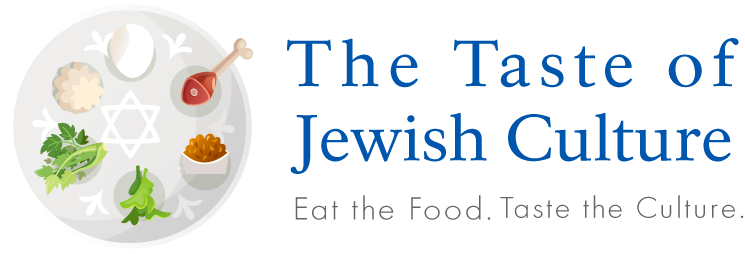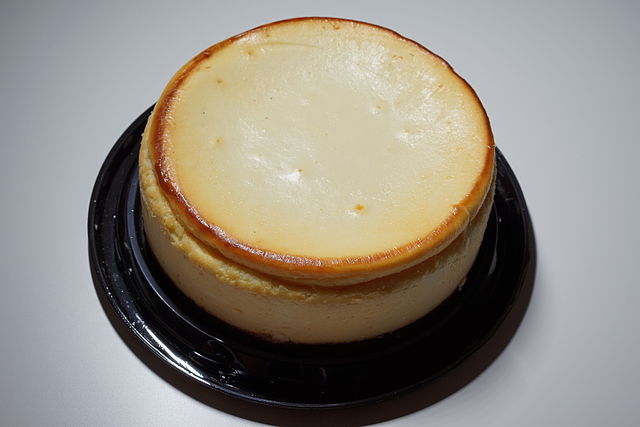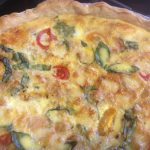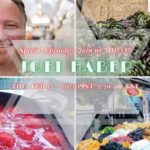When I first started this blog, over two years ago, one of the earlier posts I wrote was about the significance and meaning of eating dairy foods on Shavuot (the holiday that Jews will be celebrating this coming weekend). I reread that post last week in relation to a few interview requests I received, and since many of my current readers weren’t around then, I recommend you check it out as well.
Beyond that, however, I’d like to share a few more thoughts about Shavuot foods. I had the pleasure of guesting this week on a podcast, and also speaking to a journalist as a quoted authority. But I’ll also add one other idea that I didn’t have time to cover in those outlets.
First, I am quoted in the article “Cheesecake, Dairy, Coffee and the Evolution of a Holiday.” The writer discusses the evolution of the holiday’s food customs throughout time. I expand in it a bit beyond what I wrote in that initial blog post.
Additionally, I was happy to be the guest on the Chai Montreal podcast, which is aimed at the diverse Jewish community in that city, though the subject of our talk is good for all — not only Montrealers. They asked me to discuss Shavuot foods in Israel. You can listen on Spotify here, or on Google Podcasts or Apple Podcasts.
One of the things I discussed there is that, unlike the holidays of Chanukkah and Purim that have foods that are eaten fairly universally in Israel (sufganiyot and hamantaschen, respectively), Shavuot foods are less universal. Sure, many people eat cheesecake or blintzes, but not nearly as many people as eat the foods of those other holidays. In the podcast, I offer some speculations on the reasons why that might be, but I want to add one more tidbit that I didn’t get to discuss.
An interesting element of Shavuot here as opposed to in America (and I presume in many other countries) is that the custom of learning through the night on the holiday is much more widely celebrated. Many outwardly secular Israelis, or at least less observant traditionalists, still enjoy participating in programs for Tikkun Leil, staying up all night and hearing lectures, even if not always straight-up Torah learning. And as I mention in the podcast, even the non-religious agricultural settlements in the pre-State years would often do ceremonies to celebrate the first fruits. That was a conscious effort of the secular leaders of early Zionism, tapping back into our land’s agricultural roots.
Perhaps in some way, the re-elevation of the agricultural roots of this holiday, and a focus on Jewish culture apart from direct Torah connections has deemphasized dairy foods here, or at least made specific ones less universal. That, in addition to all of the other elements I discuss in the podcast.







Firiha Hanta
Visiting Morocco was a wonderful journey for me. I encountered a lot of people, discovering food, culture, and definitely the beautiful nature of the country. I highly recommend trying Morocco Tours.